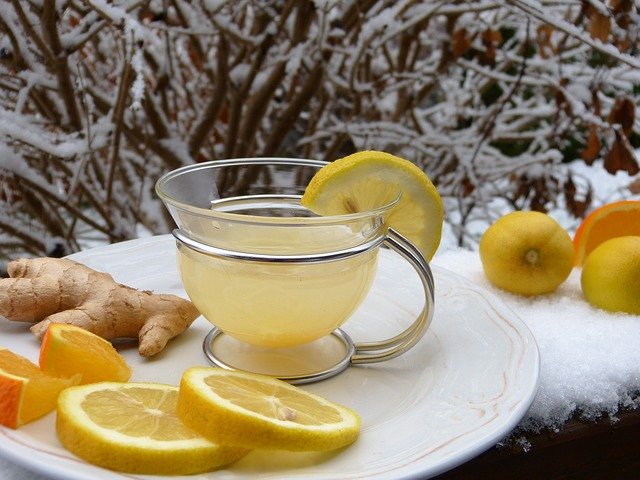Why we feel ill in Freshers
It’s a miracle if you get to the end of term one and haven’t woken up with a headache from hell or a stuffed-up nose. Granted, this year freshers is a little different, and there are definitely more concerns about catching Covid than avoiding a hangover or freshers’ flu, but the latter are still inevitable and unpleasant.
First up, the dreaded ‘freshers flu’. It generally happens due to a plethora of factors – chronic lack of sleep (morning lectures after nights out are vile); meeting lots of new people from lots of different places; a not so great diet (cheesy chips are not a meal); alcohol (need I say more?), and the stress of being in a new environment. It’s almost inevitable that sickness will follow
This year might be a little different: you won’t be meeting quite as many people in real life, most lectures will happen from the comfort of your own bed, and nights out aren’t really the same when it’s six people maximum. But the chances are that you’ll still be susceptible to sickness. I would build a stash of painkillers, ply yourself with facemasks and hand sanitiser, and try to cook one meal with a vegetable (pesto pasta doesn’t count).
The process of becoming ‘drunk’ begins almost as soon as you take your first sip and the alcohol enters your bloodstream
I’m sure that many of you will still be finding opportunities to bond over booze. The process of becoming ‘drunk’ begins almost as soon as you take your first sip and the alcohol enters your bloodstream. According to the NHS, the blood alcohol level will peak at around 45-90 minutes after you drink. Your body will break down the alcohol but cannot store it, so the liver attempts to convert it into other chemicals that your body will be able to get rid of. The enzyme alcohol dehydrogenase converts the alcohol into acetaldehyde (which is toxic). This is further broken down into acetic acid and then fatty acids, water etc. If you drink faster than your liver can process and your blood alcohol rises, you feel drunk.
The main physical sensation of a hangover is generally thought to relate to dehydration
The main physical sensation of a hangover is generally thought to relate to dehydration – it’s a diuretic, so will make you urinate more. Being dehydrated leads to you feeling a dry mouth, nausea, headache, and vomiting. So make sure you drink plenty of water or soft drinks alongside alcohol, and make sure water is available the next morning. Equally, alcohol may irritate your stomach lining and can lower your blood sugar, leaving you feeling uncomfortable and weak. It is generally agreed that eating a full, balanced meal beforehand will make you get drunk more slowly, and can help you feel better the next day.
But sometimes you may just have to brave it and wait out your sore head and sore pride. There seems to be little evidence that the ‘hair of the dog’ will do anything other than temporarily make you feel better and delay the hangover. There also seems to be no correlation between the order in which you drink alcohol (‘beer before wine’ and all that), and how hungover you will be – hangovers relate to the total alcohol drunk.
If you find yourself with freshers flu AND a hangover concurrently don’t worry… it’s kind of a necessary evil of student life. Stock yourself up with any painkillers you might need, eat properly, drink water, and at least get some sleep.

Comments